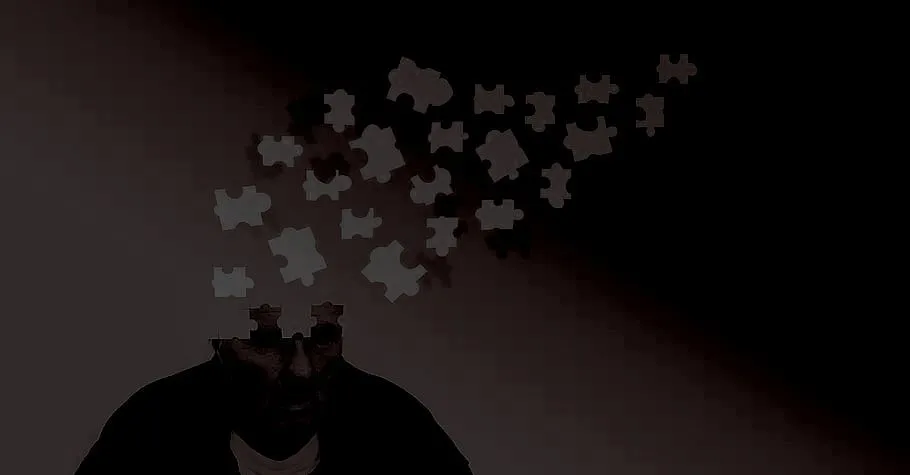“Patient seems to be fine now. He feels the pain and is able to recollect,” the doctor said to a senior attending nurse. “Sir, sorry to interfere. I know this patient for a long. He will soon forget the tragedy befallen him,” the nurse replied modestly. “Such a kind of colossal tragedy and his reaction, in the form of deep grief and visible pain, is a good sign of his improvement”, the doctor replied. Without getting into further conversation with the doctor, the nurse gently moved on to the other patient.
In the following days, the doctor to his surprise realized that his patient was rapidly losing his ability to remember and reminisce. Now he felt no pain. He forgot his suffering. He forgot how his young son got killed. He forgot all his troubling twinge. He failed to recollect how innocent blood-splattered and washed through the meadows, transforming them into dark barren fields of mourning.
The doctor was keen to know about this exceptional patient and during the morning round in the hospital ward, he said to the nurse, “This patient is rare of its case. He expresses his anguish and pain but forgets everything soon. His entire mental trauma just fades away. He becomes blank. He suffers from a kind of amnesia, a memory loss”. With curiosity, the doctor advised the nurse to rule out any kind of brain injury and illness in the patient that could be the probable cause of his forgetfulness. Surprisingly, the nurse informed him that all medical investigations have already been done and every kind of brain problem has been ruled out.
As days passed, the comprehension of this case got more complex for the doctor when he came to know that his patient was preparing to give credence to the murderers of his son. He was actually getting ready to collaborate with any of those who in one way or the other was responsible for the killing of his son.
Getting more inquisitive about the case, the doctor asked for his medical history. He was shocked to know that such kinds of incidents have already occurred in his patient’s life. His patient had faced many a hardship earlier. The patient, however, had forgotten the crime and injustice done to him, and instead strengthened the credibility of the people whom he knew were responsible for his condition. The concerned doctor found several similar incidents where his patient exhibited loss of memory about the issues that were fateful and decisive for him.
As the doctor was reclining on his chair, glancing at the case records of his patient, he suddenly heard, “Sir, sorry to disturb you”. He looked back and saw the nurse nearing him, who continued, “Any breakthrough in this case of memory loss?” Without saying anything to her, the doctor sneered and handed over the file to her.
The doctor was, in fact, perturbed. His patient had a selective memory loss. Forgiving and forgetting is indeed an appreciable act, but his patient ignored and overlooked the tragedies that a normal human being can never forget. He forgot his right to dignity. He failed to remember his right to live. He forgot all the things that make an impression in ways we can’t predict—things from petty to the profound. His memory had congealed, got ghosted into the concrete, cold and frozen.
The doctor could not make any final diagnosis for this patient but realized that medically his patient was fine and fit. However, his selective loss of memory was uniquely lethal. His amnesia to cruelties that had happened to him was like an eroding tumor that was going to ruin his coming generations. His inability to remember his sorrows was like sporadic cancer that would numb and rot him and his people.
Perhaps, repression can be a pretext for not keeping our memories alive. Fear of the unknown, unheard and unmarked can be an ‘explanation’ for erasing the memory and brushing away our genuine grievances. Moreover, the collective thinking inertia can be a reason to expunge harsh truths from our sad story and burying out its memories in oblivion.
Forgetting what happened to us, what ordeals we encountered and what we went through, we lose our sensibility and our history. Not able to store our memories, we fail to alter our behavior in light of our past experiences. Our general amnesia structures hazy corridors around us from whence no old records seem traceable. Everything gets blurred and blown away by the swirl of time, and forgetting everything repulsive gets easy….
There again is memory
at my doorstep—
jasmine crushed under
departing feet.
The moon extinguishes
its silver pain
on the window…(Agha Shahid Ali)
For an anxious doctor, who happened to be a good human being, his patient had not just lost his memory only, but his identity as well. For it is through enduring memories that we shape identity. His patient had selectively obliterated his memory, thereby adding to the distortion in the history writing of his place.







